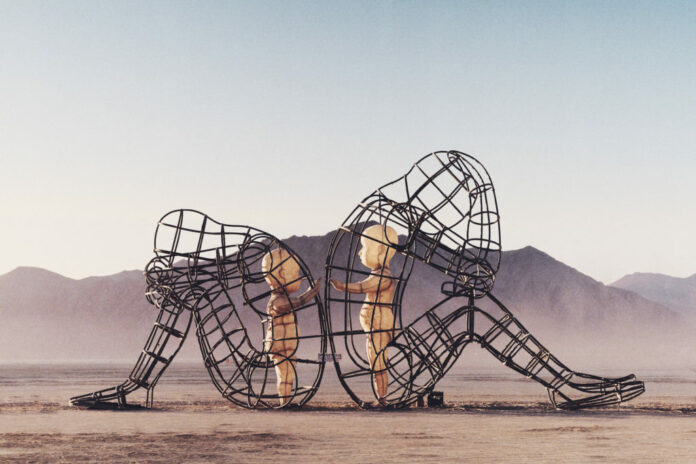
South Africans joke about everything. Happy, sad, serious, definitely not a joking matter – nothing is off limits. During the pandemic, the July Unrest and other issues, South Africans took to social media to share memes and jokes. So why do South Africans joke about everything?
Considering the number of issues facing South Africa and South Africans, it would seem that there isn’t much to joke and laugh about. Yet on the contrary, South Africans and especially internet users always manage to turn to humour in serious situations.
South Africa has for a long time had a history of satire in the form of cartoonists, comedians and journalists. But in recent years, it has been normal people who have come with the material and content making light out of serious situations. It is often a means of coping with the difficulties of life or specific situations. By making light of the situation, it allows people to remove themselves from the situation.
READ MORE:
Cancel Culture and moving forward
Laughing and making light of a serious situation is nothing new. Many other countries do the same. It’s also been done for centuries throughout history. Lucy Rayfield, who has done research into laughter, wrote that “But laughing itself matters, and when used appropriately, it can be one of our most effective coping mechanisms during a crisis, allowing us to find a healthier balance with others, with ourselves, and even with events beyond our control.”
Writing in The Conversation, Herman Wasserman, a media studies professor at the university of Cape Town, expanded on the idea of laughter being a coping mechanism. Wasserman wrote: “laughter and humour could be used as a coping mechanism”. He was writing in the context of the pandemic and how telling jokes was a way of showing resilience.
However Wasserman noted that while laughter is a coping mechanism, it can lead to misinformation. An oversaturation of jokes and comedy around an issue can make it difficult for people to discern between a joke and the actual facts.
RELATED:
Five 1 April jokes that had us fooled (almost)
There are many facts around humour and laughter being a universal and historical coping mechanism. But there is something very unique about the South African way. Nothing is off bounds. Sometimes this means the line can be crossed in an inappropriate way. From the president, to former presidents, to celebrities, to politicians, “normal people” and everyone in between, it also means that nobody is safe.
Just recently, a celebrity revealed she had been investigating her husband (also a celebrity) for having an extramarital affair. It didn’t take very long for the tweets, TikToks and jokes to be created about the matter. While it is a personal matter, the fact that it was shared publicly meant that everyone had an opinion and wanted to share it publicly – mostly in a funny and snarky way.
RELATED:
Twitter can’t even any more with this cabinet reshuffling
Also recently studies have revealed that humour is now viewed as a character strength. Considering the many issues that South Africans have to face on a daily basis from inequality, corruption, inept politicians, load shedding, racism etc and the list goes, humour is definitely a good characteristic to have. Psychologically, humour is also a defence mechanism “which helps us deal with emotionally challenging situations”.
Given everything that happens in South Africa and to South Africans daily, having coping and defence mechanisms is extremely necessary. Most importantly, it is about the level of control it gives people when there isn’t much else they have control over.








